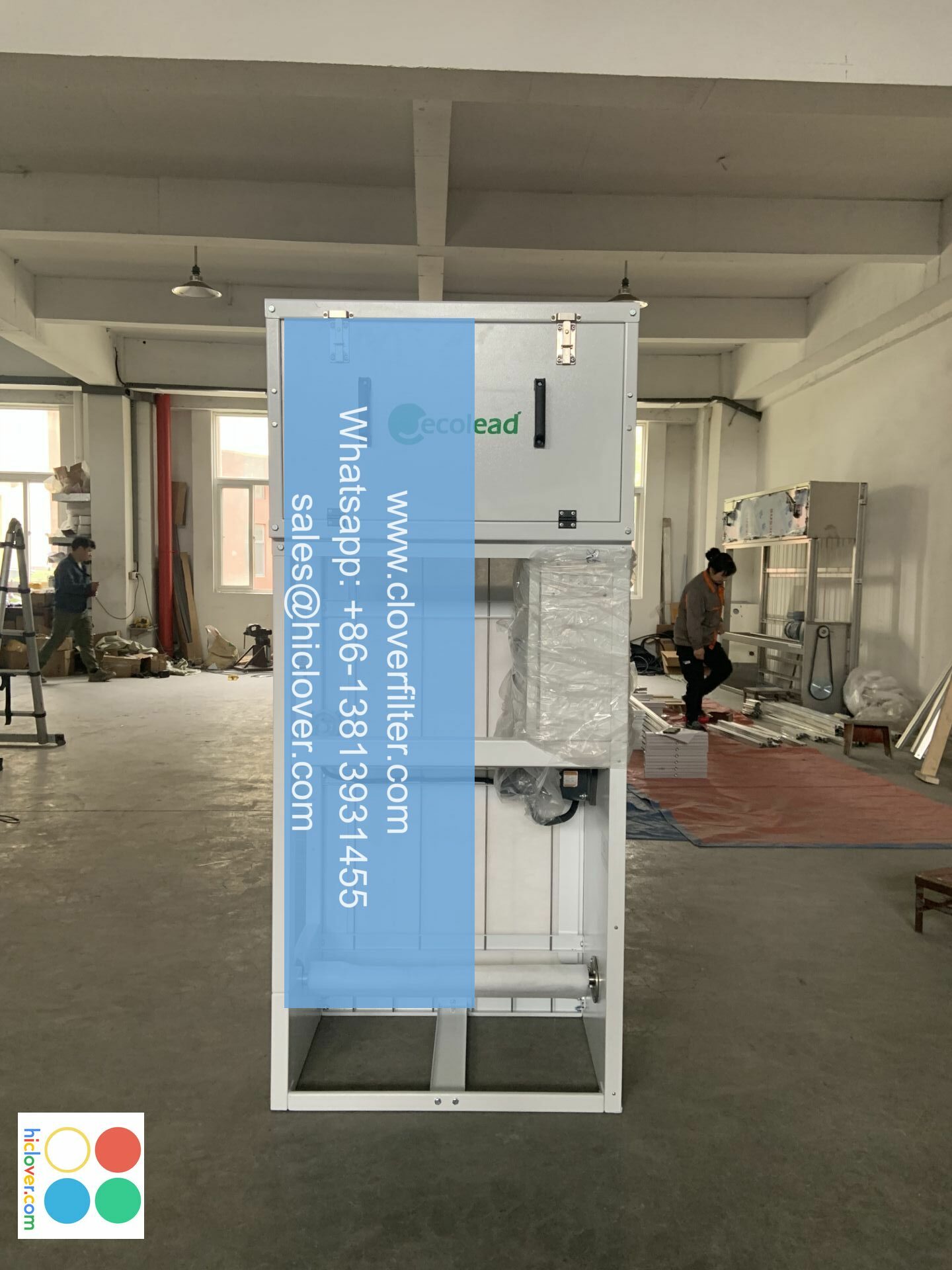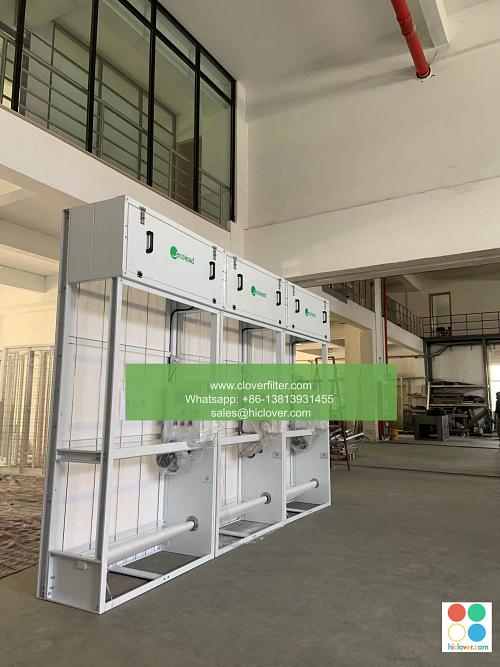The Importance of Air Filtration in Professional Sports Venues

Professional sports venues, such as stadiums, arenas, and fields, play host to a wide range of events and activities, from sports games and concerts to festivals and community events. With thousands of people attending these events, indoor air quality (IAQ) becomes a critical concern. One of the most effective ways to maintain good IAQ is through air filtration systems. In this article, we will discuss the importance of air filtration in professional sports venues, highlighting various application areas and the benefits of high-efficiency particulate air (HEPA) filtration.
Air Quality Concerns in Sports Venues
Sports venues can be breeding grounds for airborne pollutants, including dust, pollen, mold, and bacteria. These pollutants can come from a variety of sources, including outdoor air pollution, indoor pollution from cleaning products and equipment, and human-generated pollution from spectators and athletes. Poor IAQ can lead to a range of health problems, including respiratory issues, allergies, and infections. Furthermore, poor IAQ can also impact athletic performance and fan experience.
Application Areas for Air Filtration
There are several application areas where air filtration is particularly important in professional sports venues, including:
* Locker rooms: Where athletes and staff spend a significant amount of time, and airborne bacteria and viruses can spread quickly.
* Concourses: Where large crowds gather, and air pollution from food vendors and human activity can be high.
* Suites and premium seating areas: Where patrons expect a high level of comfort and indoor air quality.
* Training rooms: Where athletes receive medical treatment, and airborne pathogens can be a concern.
Benefits of High-Efficiency Particulate Air (HEPA) Filtration
HEPA filtration is a highly effective way to remove airborne pollutants from the air, including particles as small as 0.3 microns. The benefits of HEPA filtration in professional sports venues include:
* Improved indoor air quality: By removing airborne pollutants, HEPA filtration can help prevent respiratory issues and allergies.
* Reduced risk of infection: By removing airborne bacteria and viruses, HEPA filtration can help prevent the spread of illnesses.
* Enhanced athletic performance: By providing a healthy and comfortable environment, HEPA filtration can help athletes perform at their best.
* Increased fan satisfaction: By providing a comfortable and healthy environment, HEPA filtration can help fans enjoy their experience.
Best Practices for Air Filtration in Sports Venues
To ensure effective air filtration in professional sports venues, facilities managers should follow these best practices:
* Regular maintenance: Regularly inspect and maintain air filtration systems to ensure they are functioning properly.
* Filter replacement: Replace air filters regularly to ensure optimal performance.
* Air quality monitoring: Monitor indoor air quality to identify areas for improvement.
* System design: Design air filtration systems with specific application areas in mind, such as locker rooms and concourses.
In conclusion, air filtration is a critical component of maintaining good indoor air quality in professional sports venues. By highlighting various application areas and the benefits of HEPA filtration, facilities managers can ensure a healthy and comfortable environment for athletes, staff, and fans. By following best practices for air filtration, sports venues can provide a world-class experience for all. It seems like you haven’t provided a prompt or question for me to assist with. Could you please provide more details or clarify what you would like to know or discuss? I’m here to help with any topic or question you have.

